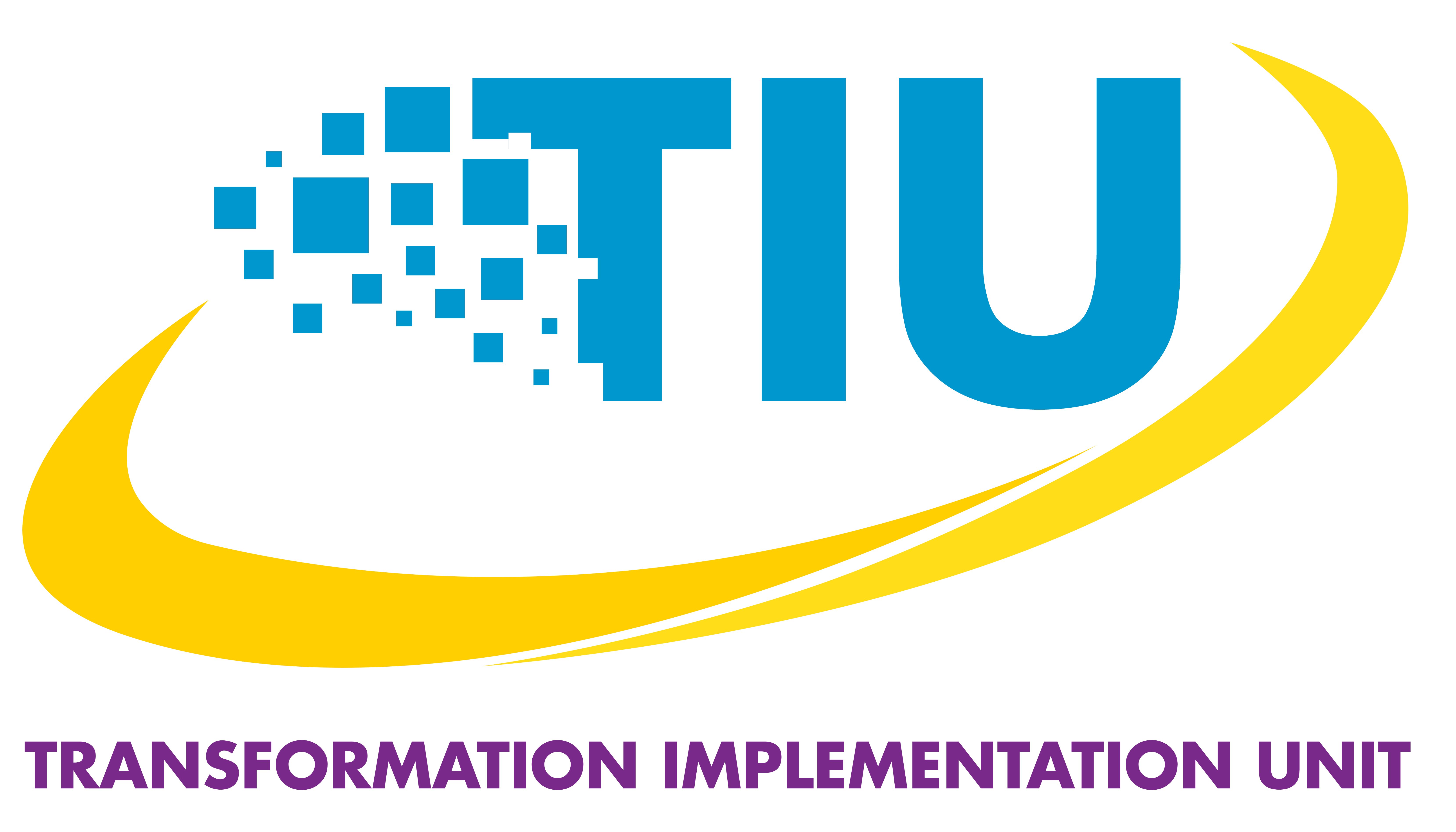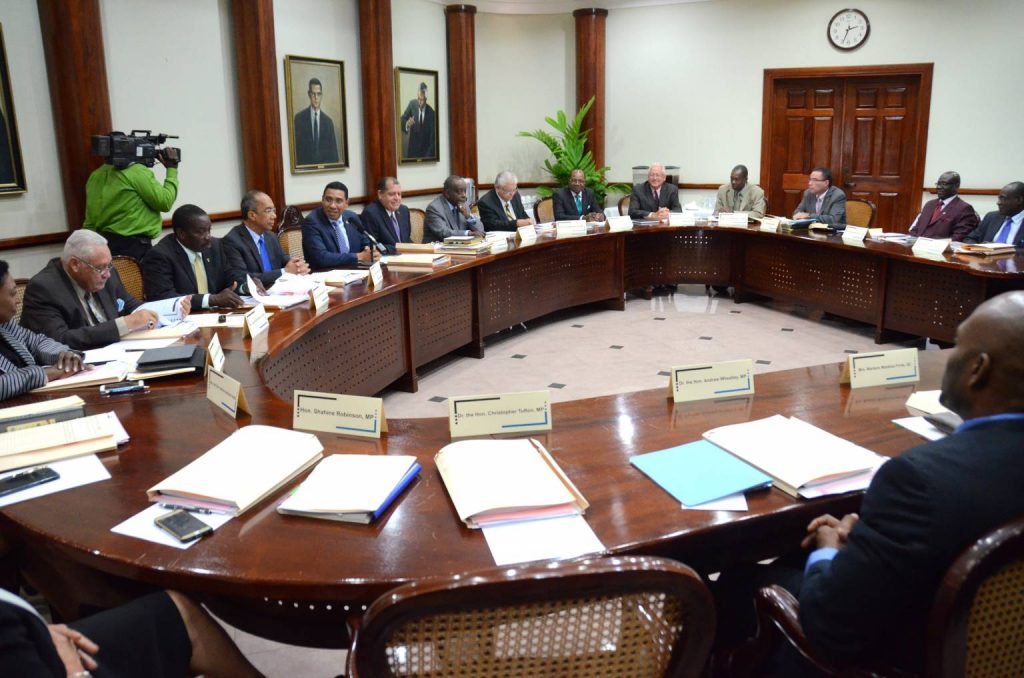Cabinet Secretary, Ambassador Douglas Saunders, is optimistic about the outcomes anticipated under the Public Sector Transformation Programme (PSTP), now underway.
Ambassador Saunders, who is Head of the Civil Service, believes the attendant engagements being embarked on by the Administration, through the Transformation Implementation Unit (TIU), will yield significant and tangible results that should redound to Jamaica’s benefit over the medium to long term.
His view is based on targeted activities under: public sector efficiency and information and communications technology (ICT); the introduction of shared corporate services; rationalisation of public bodies; human resource management transformation; and wage bill management.
Ambassador Saunders was speaking at a recent Programme update provided by Finance and Public Service Minister, Dr. the Hon. Nigel Clarke.
The Cabinet Secretary, who has been serving in his current post since 2008, has been a career civil servant for some 40 years, during which he has held various public service positions in Jamaica and overseas.
This experience, he noted, has endowed him with the knowledge of, and exposure to successive Administrations’ public sector transformation efforts over the years.
“I think it is important to make the distinction between those earlier efforts and the one we are now embarked on. Those previous efforts… in most cases, were the result of solutions and prescriptions coming from outside the country,” the Cabinet Secretary pointed out.
He said the current phase is predicated on the adoption of a locally developed Master Rationalisation Plan in 2010 by the Administration of the day.
“That framework is, of course, the one that continues to guide these efforts, which have, in a sense, been reinvigorated in more recent years,” he added.
Ambassador Saunders said a close examination of the public sector shows it is, to some extent, constrained by limitations on the appropriate supporting technological and physical infrastructure, among other resources, albeit being staffed by highly skilled and qualified officers.
He noted that resource constraints are particularly challenging, in light of the number of public bodies in operation vis-à-vis other jurisdictions, such as Singapore, with which Jamaica’s development is often compared.
“I am told that Singapore has approximately 50 public bodies… [while] we have over 200 various State entities. There is, consequently, overlapping [of functions]. What has happened over the years is we have created new bodies without taking a look at what existed and what needed, perhaps, to be dispensed with or upgraded into institutions that can meet new requirements,” he said.
This, the Cabinet Secretary argued, “is not an efficient use of resources,” adding that, “I think it’s clear that there is room for significant rationalisation”.
He explained that all stakeholders must bear in mind that the main objective of the exercise relates to improving the efficiency and effectiveness of the delivery of public services.
Meanwhile, Ambassador Saunders said he is pleased with some of the significant advances and improvements over the last nine years.
Arguing that this period may be deemed “a long time” and that many persons “are, perhaps, impatient for faster progress,” he emphasised that Jamaicans must remind themselves that the race is not for the swift, but for those who are able to endure the longest.
“So, it is better to pause, reflect and ensure we are taking the correct steps, suitable for our requirements and circumstances,” Ambassador Saunders said.
The Cabinet Secretary said he remains “quite confident” about the projected outcomes, and that members of the public sector will support the activities involved in the process.
For his part, Dr. Clarke indicated that the transformation programme will facilitate the achievement of efficiency gains that are scalable and meaningful, thereby channelling focus on fixing some key areas of government operations.
These, he reiterates, are outdated operating processes, inadequate use of ICT, inefficiencies and waste in operations, high transaction costs and times, inadequate human resource management practices, and a cumbersome compensation structure.
Dr. Clarke reaffirmed the Administration’s commitment to create a modern public service that is fair, values people, and consistently delivers high-quality services.
Source: https://jis.gov.jm/features/cabinet-secretary-optimistic-about-outcomes-of-pstp/
Author: DOUGLAS MCINTOSH

